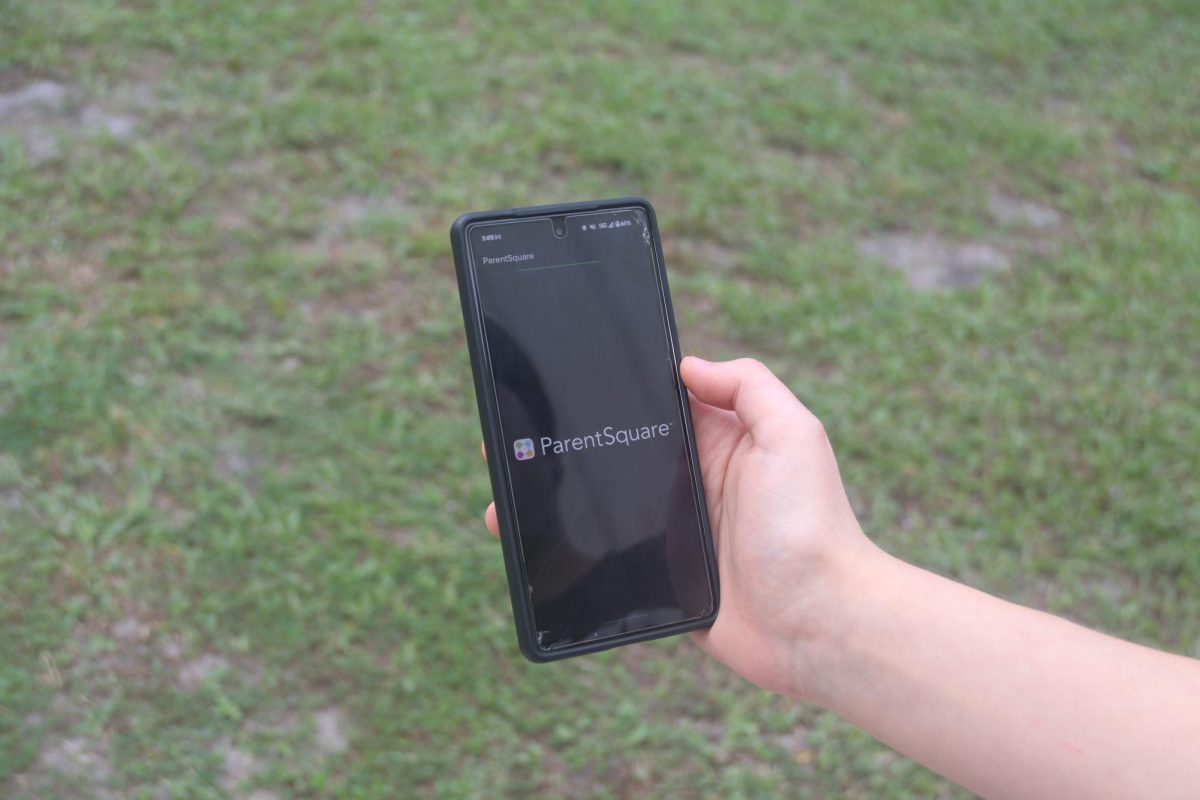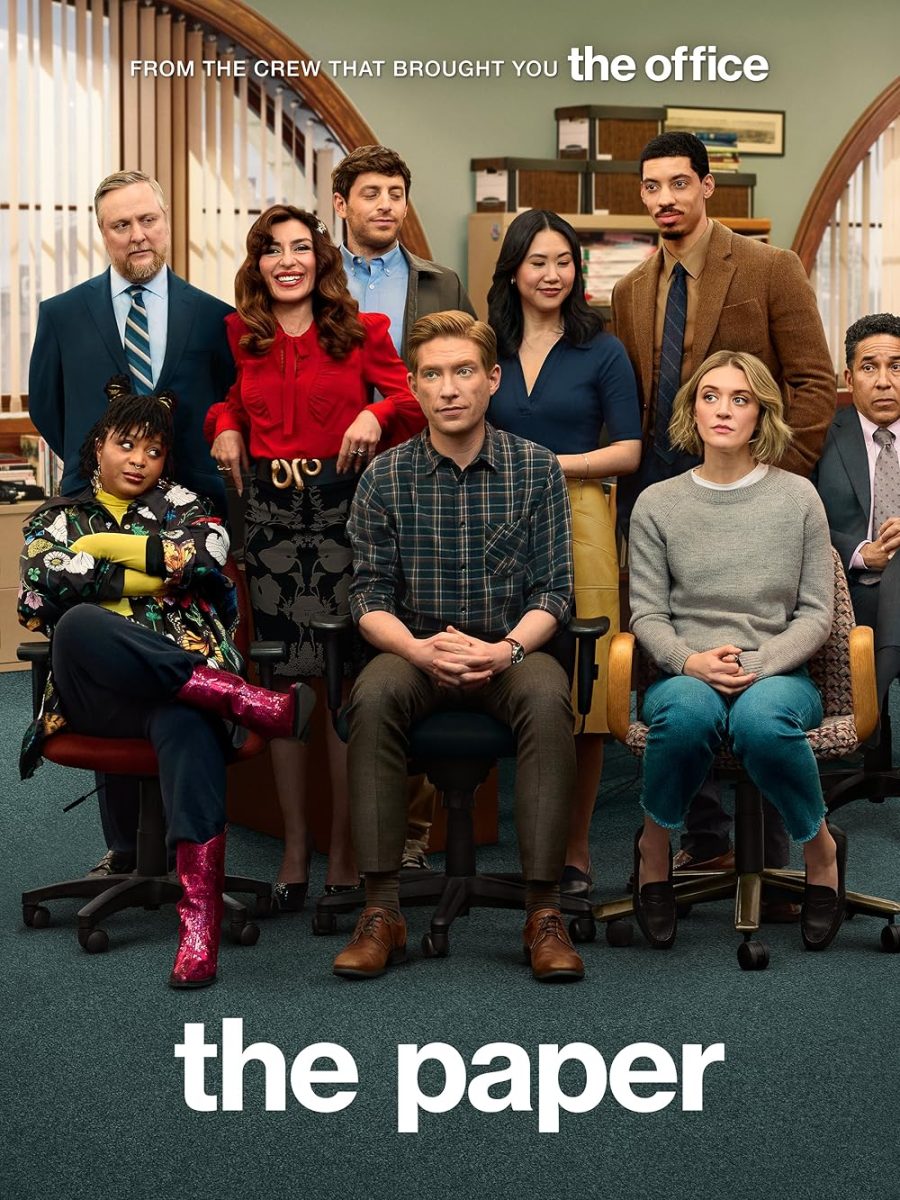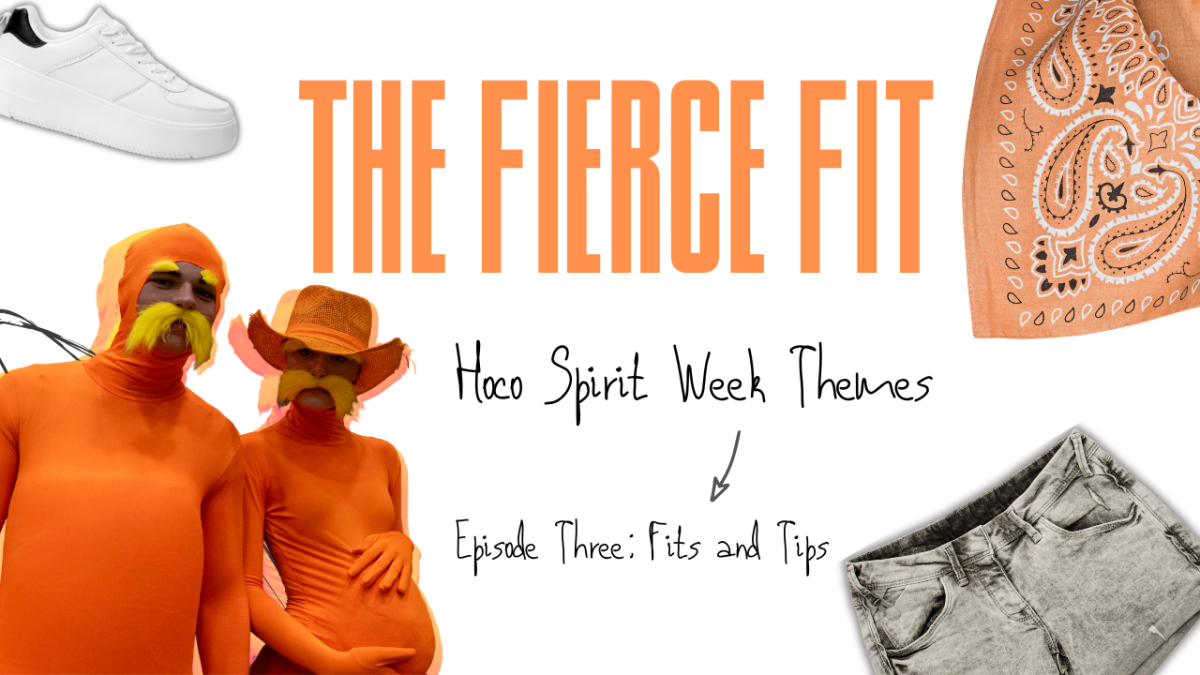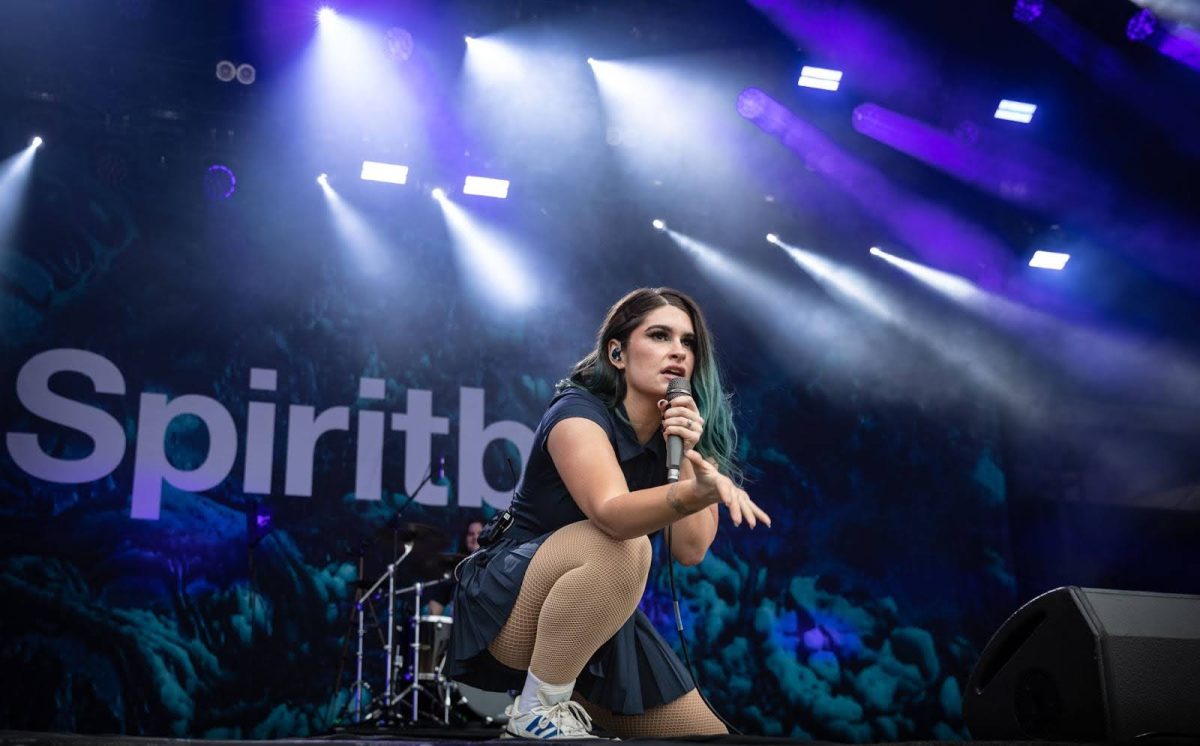The plight of the twenty-first century woman is one that will perplex historians for centuries to come. Gaze upon the aisles of any supermarket, and one will see a cacophony of cosmetics, gimmicky skincare, and the promotion of vanity. However, consume any popular media, and the message of ‘girlboss’ feminism is almost inescapable. How do women reconcile the message of female empowerment while also being told, even in a Freudian psychodynamic sense, that they must consume endless beauty products to be worth anything? How does feminism that only exists in the realm of aesthetics and stereotypical femininity improve the material conditions of women?
Makeup is far from the only example of this phenomenon. Shiny infographics on social media websites that oversimplify real issues, for instance, are an egregious plague on popular discourse; they only exist as a digital accessory. To be a woman in the modern age is to curate, to perform, and to present. The most obvious example of the pitfalls of popular feminism is the concerningly blasé attitude towards elective cosmetic surgery; how is it empowering for a woman of color to forgo her natural features in favor of European beauty standards? Why do teenage girls long for the day where they can change all of the features they were born with in order to adhere to body trends that seem to change every 3-5 business days? More specifically, why do ‘body trends’ exist in the first place, and how is the ‘BBL craze’ any less harmful than the ‘heroin chic’ of the 1990s? Questions such as these, while they might appear rhetorical, must be asked. A movement that purports to advance women towards liberation but leads them towards the opposite should be properly questioned and interrogated.
Most damning of all, why is ‘ugly’ often the most cruel epithet one can call a woman? Men tend to be insulted in regards to their merit and intelligence, but the worth of a woman seems to be based on her appearance alone. To age as a woman is not a beautiful experience of reflection and tranquility, but an isolating and shameful experience of self-loathing and regret– one only has to look at the multi-billion dollar industry that banks on the fear women have of aging. Many women, influenced by this pervasive ideology, find it better to be pumped full of Botox and filler than to allow themselves the luxury that men don’t give a second thought to.
This seemingly endless exploitation of women and their insecurities is not in place for any other reason other than for large corporations to make a profit. Clearly, women that live in this culture, no matter how self-aware they might be, cannot escape it. Of course, there is nothing inherently evil or sexist about a shiny tube of red lipstick in of itself; what is evil is the idea that it is a necessity needed for a woman to be worth anything.












































Emilia Gomez • May 9, 2024 at 10:07 PM
As a teenage girl who wears makeup every day I’m really impacted by harmful beauty standards towards women. It’s hard for me to leave the house without makeup. It feels unfair that women more than men have to adhere to these standards. I’m constantly worried about people finding me ugly and at the same time have to worry about being objectified.